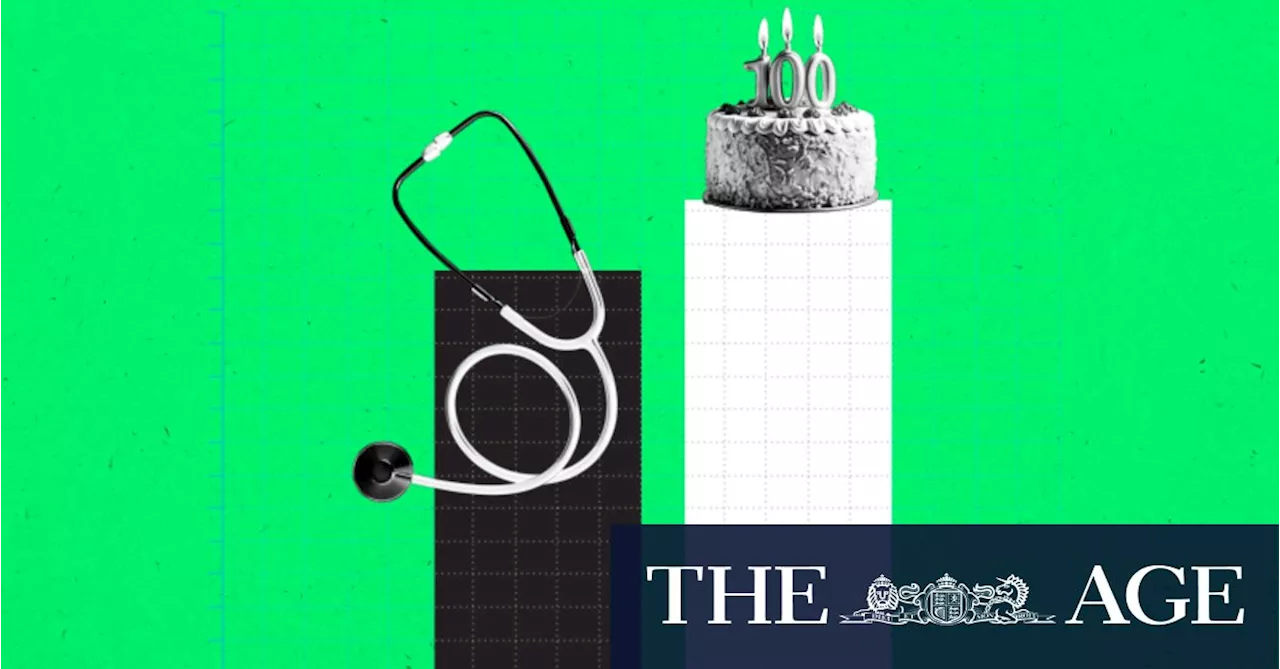A new study reveals a concerning trend: while life expectancy increases, the quality of those years is declining. The healthspan-lifespan gap, the difference between years lived in good health and total lifespan, is widening globally. Australia faces a significant gap, highlighting a need for addressing lifestyle diseases and promoting healthy aging.
When we consider how we want to age, we often think about it in numerical terms, saying we want to live until 100 or for as long as possible. But a new study suggests we should be looking at more than the number of birthdays we’d like to be around to celebrate. Taking data from 183 World Health Organisation Member States, including Australia, researchers looked at the healthspan-lifespan gap, which is the divide between years lived in good health and years lived.
Australia was among the countries with the greatest healthspan-lifespan gap, sitting at 12.1 years, second only to the United States with a gap of 12.4 years. Globally, it found the mean gap had risen to 9.6 years in the past two decades.While life expectancy has risen dramatically around the world in the past few decades, health-adjusted life expectancy (years lived without disease) has remained relatively stagnant. This means that while we are living longer, we are living a greater proportion of our lives burdened with disease. According to researchers, musculoskeletal diseases, mental and substance use disorders, and neurological disorders contributed most to disease burden. Professor Luigi Fontana, scientific director of the University of Sydney’s Charles Perkins Centre, says major advancements in the medical field mean we have become far better at treating acute morbidity, allowing us to live longer. But he says things like high rates of obesity and a rise in lifestyle diseases – including among younger people – mean we are not necessarily living better. “There is no doubt that the major advancements in treatments has been spectacular ... but the epidemic of unhealthy ageing and unhealthy lifestyle is causing problems,” he says.Jaya Dantas, a professor of international health at Curtin University, points out that some countries, including Rwanda and Nigeria, saw the greatest increases in both healthspan and lifespan, in part due to reduced conflict across the region and advances in healthcar
HEALTHSPAN LIFESPAN HEALTHY AGING DISEASE BURDEN LIFESTYLE DISEASES
Australia Latest News, Australia Headlines
Similar News:You can also read news stories similar to this one that we have collected from other news sources.
 Healthspan Gap Widens: Living Longer Doesn't Mean Living BetterA new study reveals a growing healthspan-lifespan gap, highlighting that while life expectancy is increasing, the years lived in good health are not keeping pace. This means we are living longer but with more years burdened by disease.
Healthspan Gap Widens: Living Longer Doesn't Mean Living BetterA new study reveals a growing healthspan-lifespan gap, highlighting that while life expectancy is increasing, the years lived in good health are not keeping pace. This means we are living longer but with more years burdened by disease.
Read more »
 Global Healthspan Gap Widens as Lifespans IncreaseA new study reveals that while lifespans are increasing worldwide, the gap between years lived and years lived in good health is also growing. Australia has one of the largest healthspan-lifespan gaps globally.
Global Healthspan Gap Widens as Lifespans IncreaseA new study reveals that while lifespans are increasing worldwide, the gap between years lived and years lived in good health is also growing. Australia has one of the largest healthspan-lifespan gaps globally.
Read more »
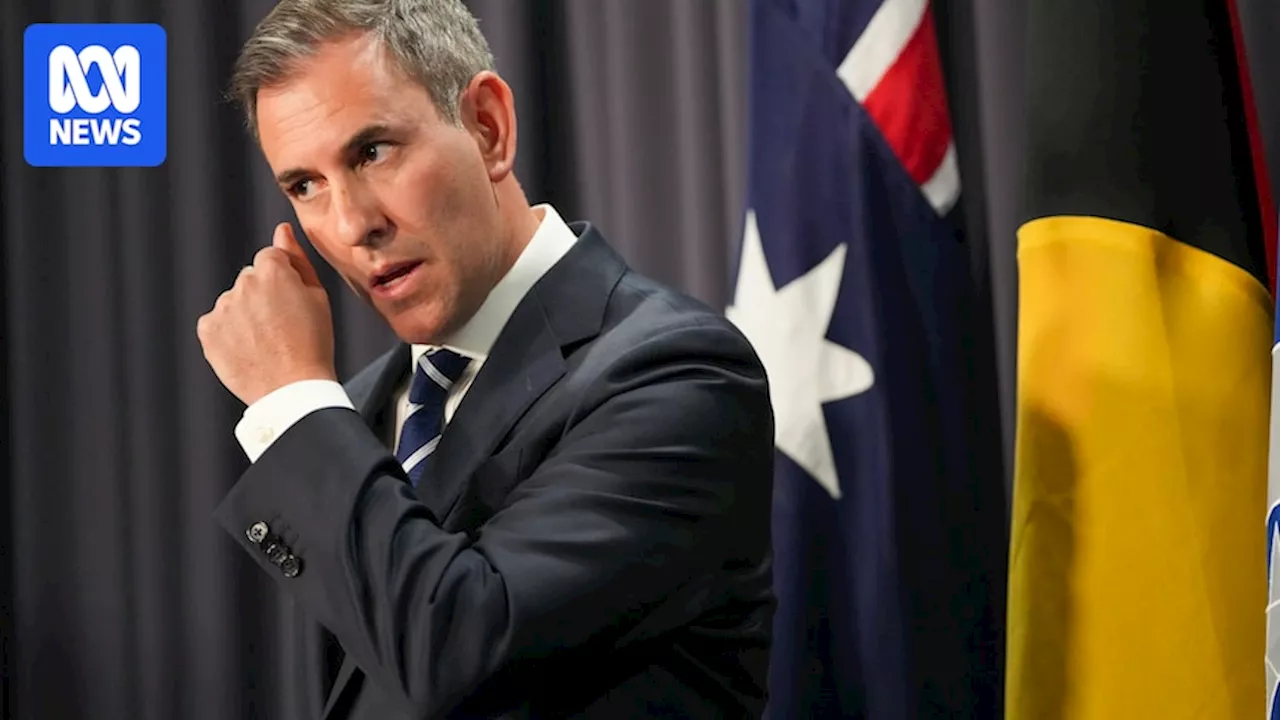 Budget Deficit Widens Despite 'Luck' and Government EffortsThe Australian government's budget is projected to deepen into deficit over the next four years, despite recent positive revenue surprises. The Treasurer emphasizes the need for responsible economic management and points to the impact of the war in Ukraine on budget projections.
Budget Deficit Widens Despite 'Luck' and Government EffortsThe Australian government's budget is projected to deepen into deficit over the next four years, despite recent positive revenue surprises. The Treasurer emphasizes the need for responsible economic management and points to the impact of the war in Ukraine on budget projections.
Read more »
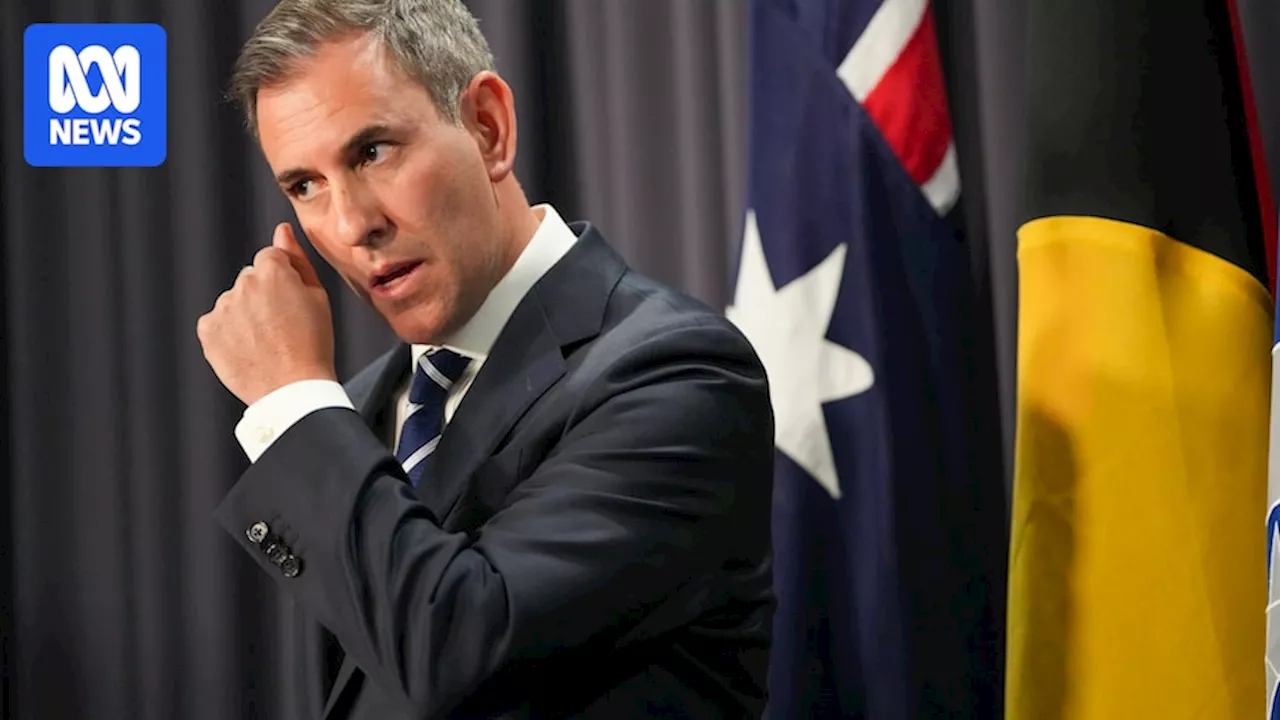 Budget Deficit Widens Despite Revenue GainsAustralia's budget deficit is projected to grow over the next four years, despite strong revenue performance. The Treasurer highlights the government's efforts to manage the budget responsibly while acknowledging the impact of unforeseen events like the war in Ukraine.
Budget Deficit Widens Despite Revenue GainsAustralia's budget deficit is projected to grow over the next four years, despite strong revenue performance. The Treasurer highlights the government's efforts to manage the budget responsibly while acknowledging the impact of unforeseen events like the war in Ukraine.
Read more »
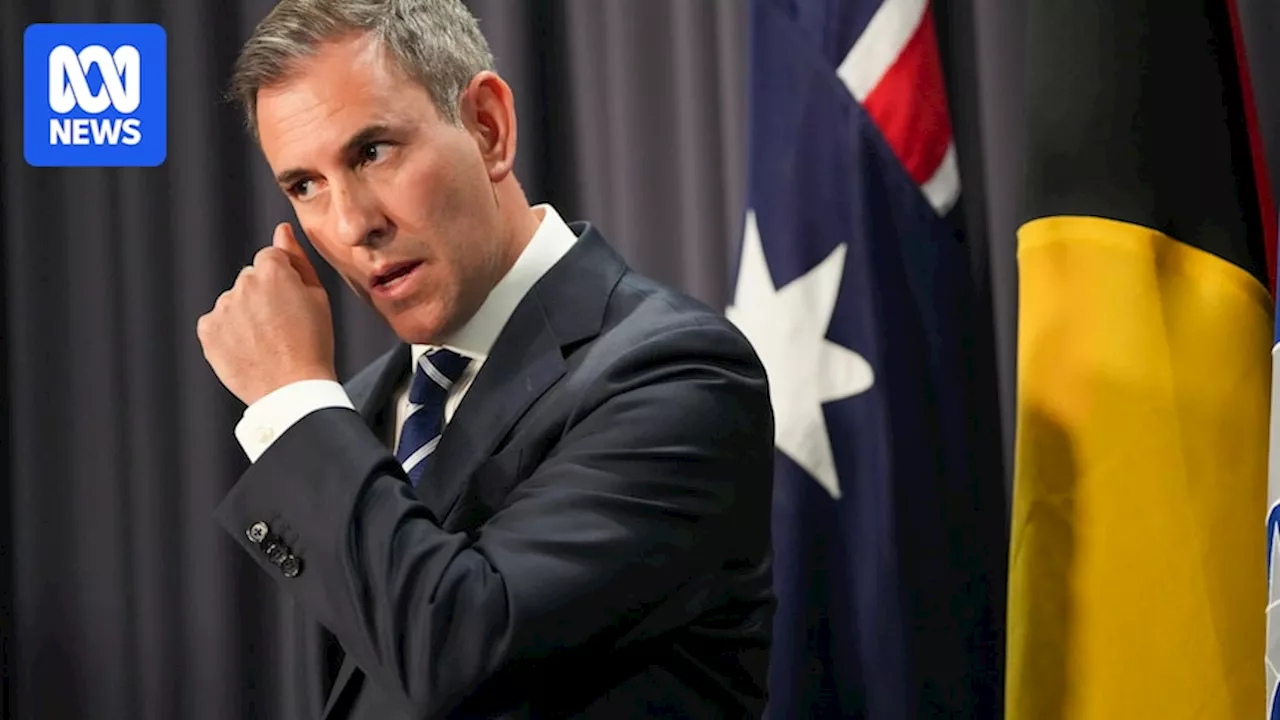 Australia's Budget Deficit Widens Amidst Spending Pressures and Migration SurgeAustralia faces a growing budget deficit over the next four years due to rising spending and a surge in migration. The government acknowledges the need for tax reform, while Philip highlights concerns about the private sector's weakness and China's economic slowdown.
Australia's Budget Deficit Widens Amidst Spending Pressures and Migration SurgeAustralia faces a growing budget deficit over the next four years due to rising spending and a surge in migration. The government acknowledges the need for tax reform, while Philip highlights concerns about the private sector's weakness and China's economic slowdown.
Read more »
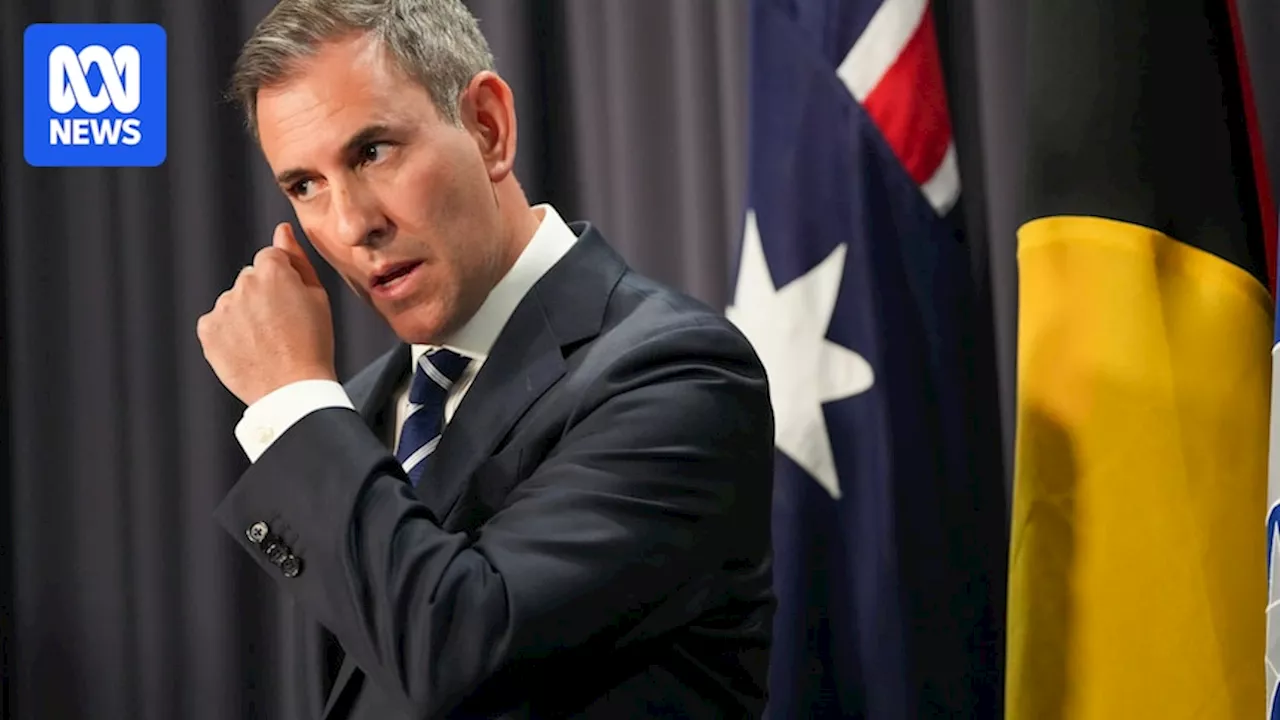 Australia's Budget Deficit Widens, Migration Surge Fuels Housing PressuresAustralia's budget deficit is projected to deepen over the next four years due to rising spending pressures outweighing better-than-expected revenues. The government acknowledges challenges in areas like defense, energy, and housing, but emphasizes the need for tax reform to lessen reliance on personal income tax. The MYEFO report highlights government spending and migration as supporting the economy, while noting a weak private sector and the impact of China's slowdown. Additionally, Australia's migrant population is expected to exceed government projections by 80,000 this year, putting further strain on the housing and rental markets.
Australia's Budget Deficit Widens, Migration Surge Fuels Housing PressuresAustralia's budget deficit is projected to deepen over the next four years due to rising spending pressures outweighing better-than-expected revenues. The government acknowledges challenges in areas like defense, energy, and housing, but emphasizes the need for tax reform to lessen reliance on personal income tax. The MYEFO report highlights government spending and migration as supporting the economy, while noting a weak private sector and the impact of China's slowdown. Additionally, Australia's migrant population is expected to exceed government projections by 80,000 this year, putting further strain on the housing and rental markets.
Read more »
